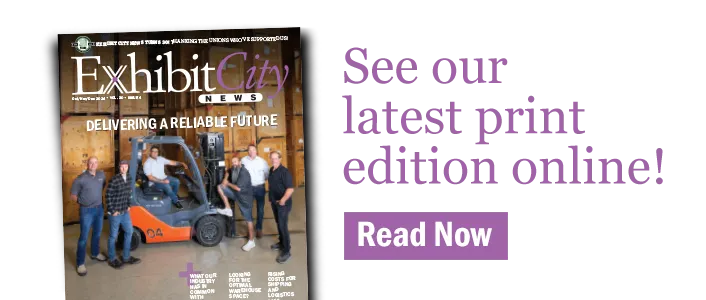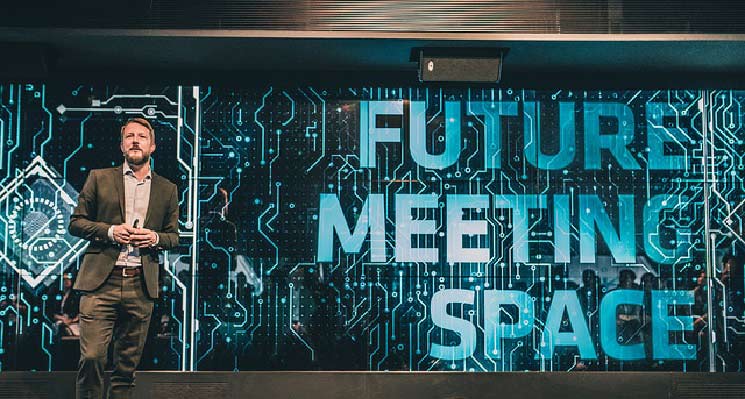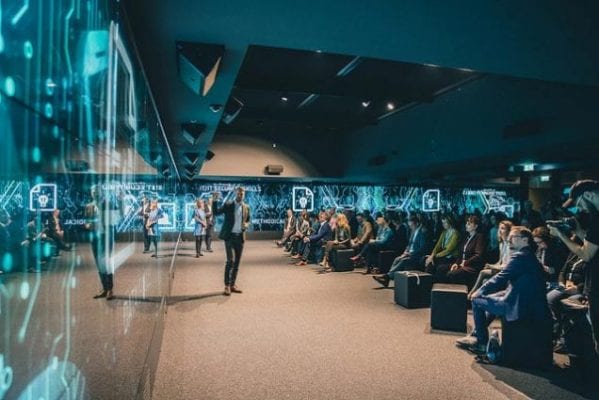 On Jan. 8, the German Convention Bureau (GCB) presented the results of the second phase of its “Future Meeting Space” research project at the 2019 PCMA Convening Leaders conference in Pittsburgh to an international audience. The research was funded by the Professional Convention Management Association providing insights into attendee types, success factors, and recommendations for action.
On Jan. 8, the German Convention Bureau (GCB) presented the results of the second phase of its “Future Meeting Space” research project at the 2019 PCMA Convening Leaders conference in Pittsburgh to an international audience. The research was funded by the Professional Convention Management Association providing insights into attendee types, success factors, and recommendations for action.
The second research phase of the “Future Meeting Space” innovation alliance core question was “How to create successful events?” The answer, discussed in Frankfurt am Main/Pittsburgh, concluded that attendees leave satisfied, event planners focus on knowledge transferring, as well as surprising or disruptive elements, that bring about a change, and individually respond to the requirements of different attendee types.
Six Attendee Types and Six Success Factors
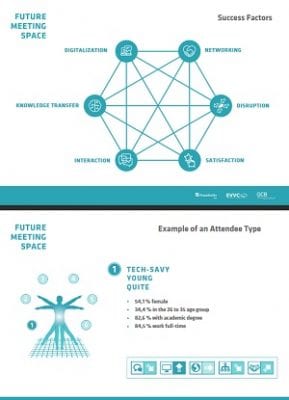 Socio-demographic facts resulted in six event attendee types representing different degrees of tech experience. Attendees ranging in different communication behavior, type, age and gender affect the levels of organization.
Socio-demographic facts resulted in six event attendee types representing different degrees of tech experience. Attendees ranging in different communication behavior, type, age and gender affect the levels of organization.
The Fraunhofer Institute for Industrial Engineering (IAO) identified six success factors that are correlated and interact. Above all, satisfaction as the “meta” factor is largely influenced next to knowledge transfer and disruption. Attendees are happy with events if new applications for their everyday work are learned and if events surprised them or triggered changes. Networking, interaction and use of digital technologies are further success factors.
Based on the data from an online survey that was conducted between September 2017 and June 2018, the Fraunhofer Institute for Industrial Engineering IAO that is part of Fraunhofer Society, Europe’s largest application-oriented research organisation, as project manager and the GCB and European Association of Event Centres (EVVC) as lead managers developed attendee types, success factors and recommendations for action. Other research partners were KFP Five Star Conference Service GmbH, Panasonic Europe GmbH, Sennheiser electronic GmbH & Co. KG, SevenCenters of Germany, Tourismus NRW e.V. and VDE Konferenz Service in cooperation with m:con – mannheim:congress GmbH.
Recommendations for Actions: Checklist for Meeting and Conference Planners
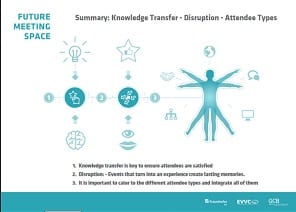 Based on the attendee types and success factors, the research partners developed precise recommendations to actualize successful events. These include, for example, dedicated support for more introverted or less tech-savvy attendees by giving tips for creating events that strike a balance between time spent on organization and what is gained from them. The research partners also recommended the use of new and innovative formats and technologies such as visualization aids and interactive formats to foster knowledge transfer. One interesting result of the study is the importance of disruptive elements: events that change CVs and organizations create lasting memories.
Based on the attendee types and success factors, the research partners developed precise recommendations to actualize successful events. These include, for example, dedicated support for more introverted or less tech-savvy attendees by giving tips for creating events that strike a balance between time spent on organization and what is gained from them. The research partners also recommended the use of new and innovative formats and technologies such as visualization aids and interactive formats to foster knowledge transfer. One interesting result of the study is the importance of disruptive elements: events that change CVs and organizations create lasting memories.
“The study has identified realistic attendee types as they currently exist,” says Dr. Stefan Rief, head of the research unit for organizational development and work design at Fraunhofer IAO. “It also highlights the most relevant success factors and reviewed some common assumptions about the effects of certain factors.”
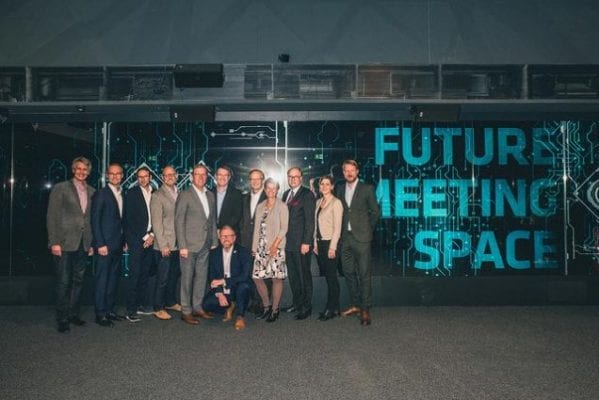 EVVC President Ilona Jarabek adds, “Our partners in the event sector can now identify and focus on factors that are the most relevant ones for their target group.”
EVVC President Ilona Jarabek adds, “Our partners in the event sector can now identify and focus on factors that are the most relevant ones for their target group.”
Matthias Schultze, GCB managing director, also says, “As our analysis has proven, knowledge transfer is important for events. Building on that, the planned third ‘Future Meeting Space’ research phase will look at the primary role events play as trendsetters for business and science.”
The German Convention Bureau (GCB) is tasked with securing and enhancing Germany’s position as a globally leading and sustainable destination for meetings and conferences. As a thought leader for the MICE sector, it provides its members with high-quality market research data on innovative topics. The GCB develops customized marketing activities for different target groups on a national and international level and thus supports its members and partners in marketing their offers. The GCB’s 170 members represent more than 430 companies, including leading hotels, congress centers, venues, local marketing organizations, event agencies as well as meeting and conference service providers. For more info, visit www.germany-meetings.com.




